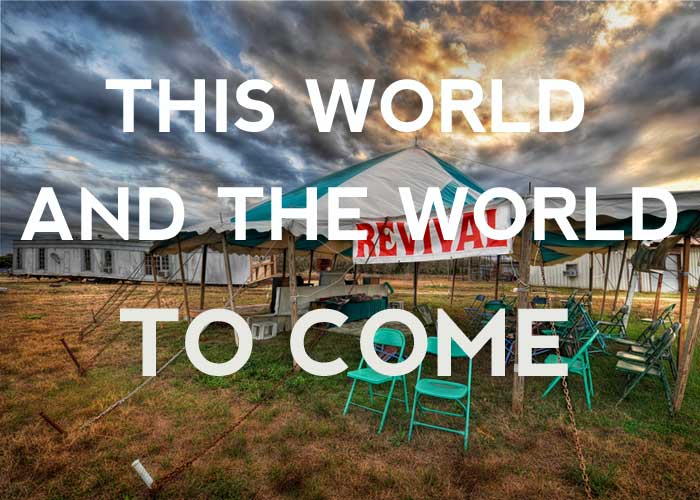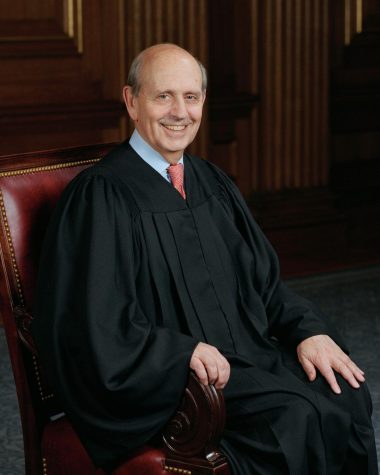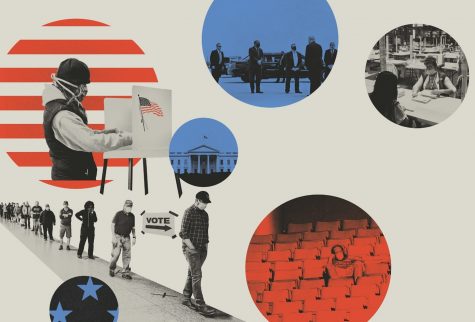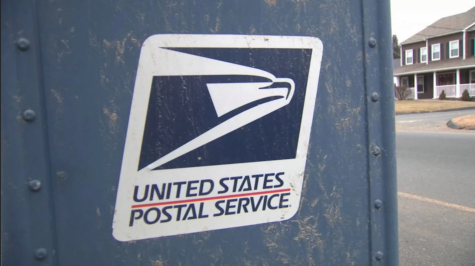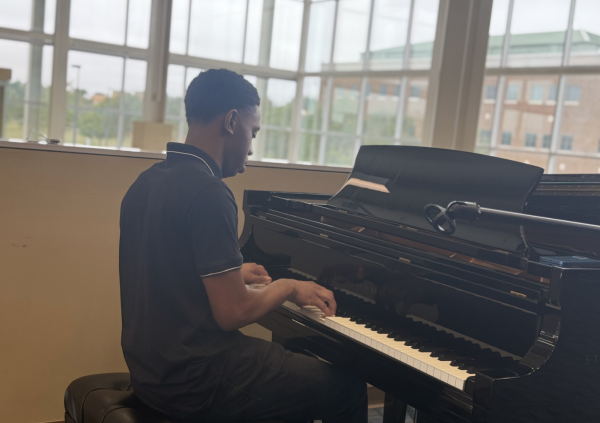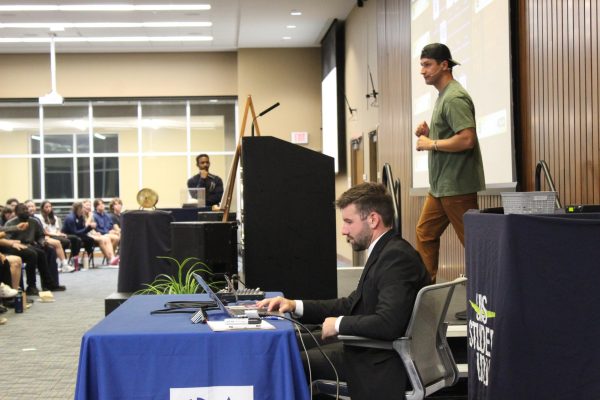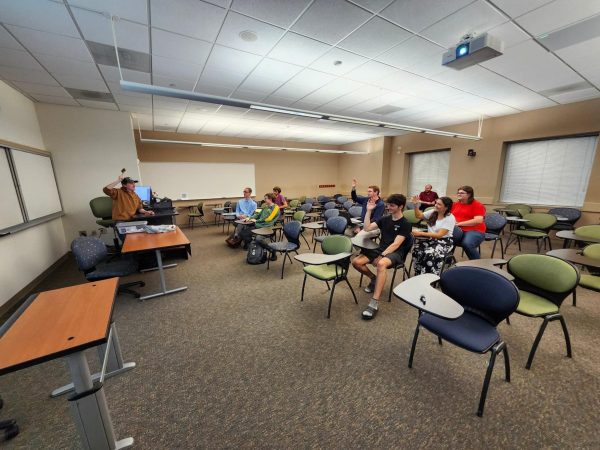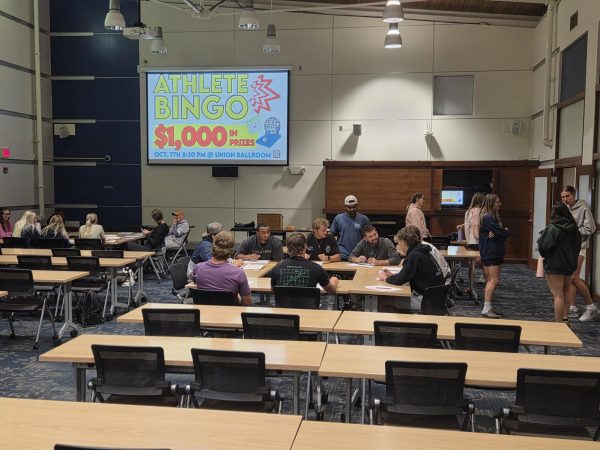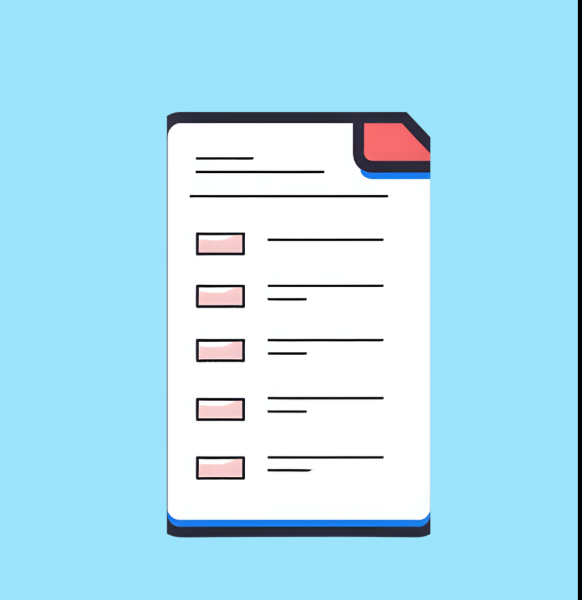The World to Come
With quarantine orders still in effect and possible extensions imminent, people all over the world are wishing for a return to relative normalcy. The questions now become these: What will the new normal look like? How much will the world change as a result of COVID-19? Can we expect a healthier world?
Some groups have pointed to the major social changes in the COVID-19 era as a sign of societal progress. One example is the recent change to Amazon’s paid time off policy. Amazon’s previous policy was to grant employees who worked 20 hours per week paid time off for reasons such as illness. Reports from workers claim that they were almost never able to make use of this policy. This sparked a protest by warehouse workers in Chicago, who drafted a petition aimed at enforcing the policy. Following the presentation of this petition, workers received a statement from Amazon claiming that they would be eligible for paid time off. This landmark move against the massive corporation is now sparking hope for future movements to secure protections at the federal level.
On the opposite side of the spectrum, some view the post-quarantine world as a threat to freedoms around the globe. In a recent interview with Vice News, famed whistleblower Edward Snowden claimed that numerous world governments are using COVID-19 as a means to construct “the Architecture of Oppression.” Snowden warned that the proliferation of “emergency laws” could represent the loss of human rights and our ability to “arrest the slide into a less liberal and free world.” Snowden was quick to criticize actions such as China’s choice to expel Western journalists seeking to report on the government’s handling of the health crisis. Another example of this slide that many critics are pointing to is President Trump’s continued resistance to mail-in primaries. As COVID-19 has shut down numerous polling centers and scared off potential voters, the question of the current election being a fair one is up for debate.
For every positive story on human cooperation, there is an equally dark story about an attack on human rights. If we allow the coronavirus pandemic to change anything about our world, it should be our awareness of both the intrinsic power of the people and the rampant official grabs for power that underpin our daily lives.

